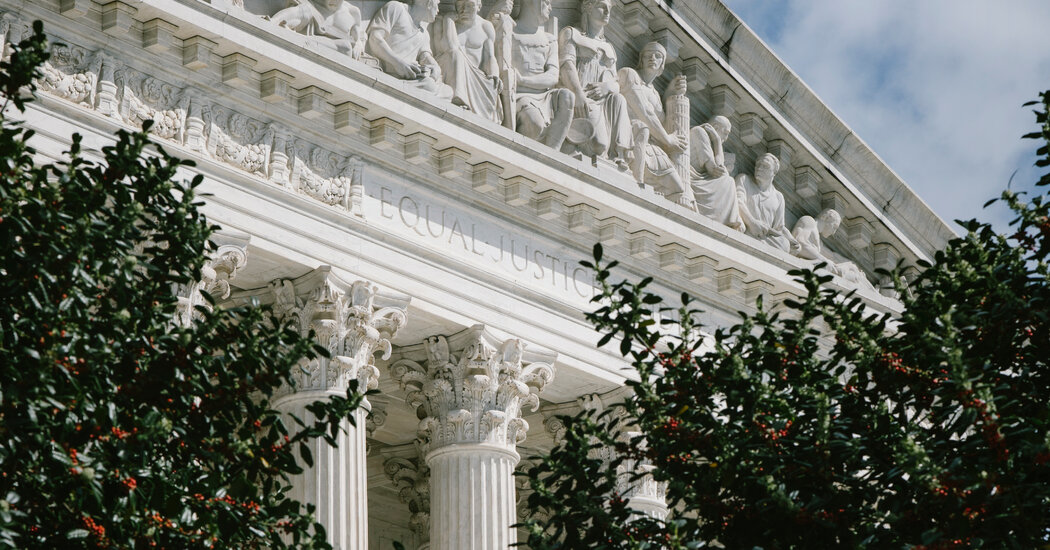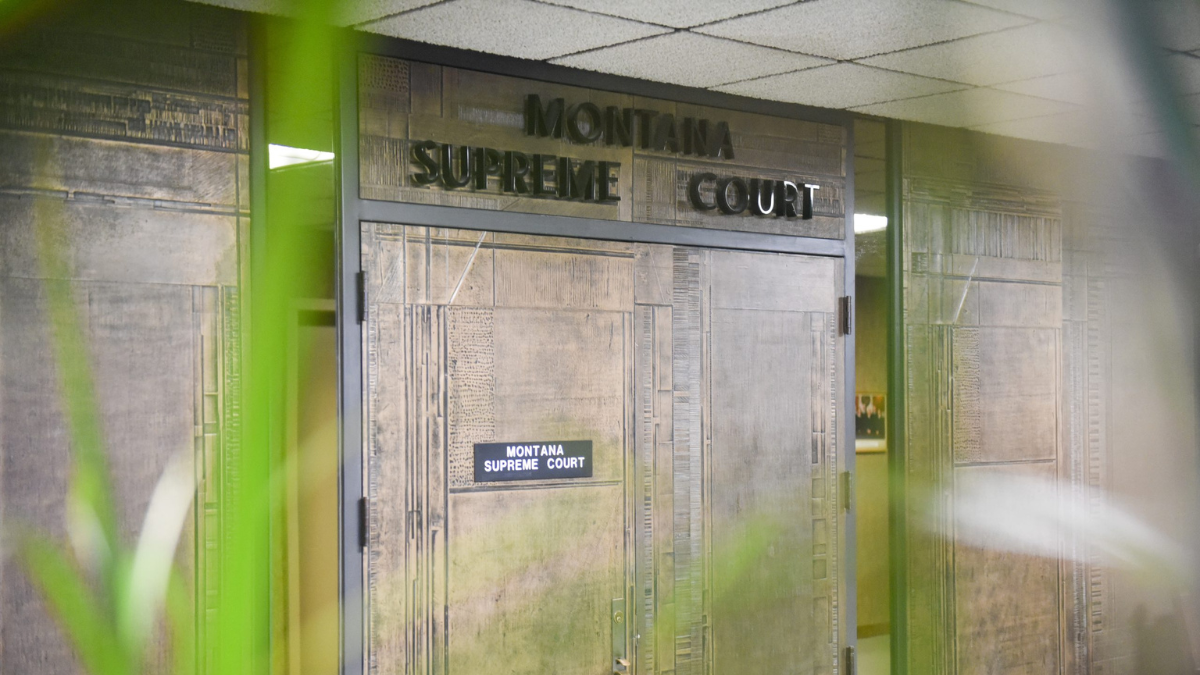Article Summary –
The U.S. Supreme Court seems poised to limit the reach of a federal statute that criminalizes state and local officials and institutions receiving federal money from accepting gifts and payments intended to influence or reward their actions. The case at hand involves ex-mayor of Portage, James Snyder, who was found guilty of violating this law after his city bought garbage trucks from a company in a possibly manipulated bidding process, with the company later paying Snyder $13,000 for purported consulting services. The court’s deliberations revolve around whether the anti-corruption law applies only to pre-fact bribes or also to post-fact gratuities, and it is weighing the line between prohibited gifts and permissible ones.
The Supreme Court Considers Limiting Bribery Laws
The Supreme Court appeared inclined to restrict the scope of a federal law criminalizing acceptance of gifts intended to sway or reward actions by state, local officials, and federally-funded institutions.
In a lively debate, most justices found the government’s broad interpretation of this gift law, which included small gifts like cookies and Starbucks gift cards, to be overly expansive.
The case at hand involves James Snyder, former mayor of Portage, Ind., who was accused of manipulating a bidding process to favor a local company. After the process, the company paid Mr. Snyder $13,000 for purported consulting services.
Snyder was convicted in March 2021 under federal law for intending to be influenced or rewarded and was sentenced to 21 months in prison. The debate is whether the law applies only to pre-emptive bribes or also to post-action gratuities.
Snyder’s lawyer, Lisa S. Blatt, argued that a broad interpretation could criminalize routine gifts, making the distinction between allowable and forbidden gifts unworkable.
Government attorney Colleen R. Sinzdak countered that the anti-corruption law targets more significant demands, like a police chief requesting $10,000 after a thwarted burglary or a safety inspector demanding $30,000 after permitting a risky project.
Justice Elena Kagan asked if a hospital providing special treatment to a billionaire hoping for a large donation would result in a 10-year prison sentence under this law. Chief Justice Roberts emphasized that the court’s decision couldn’t rely on the good faith of prosecutors.
In recent years, the court has narrowly interpreted anti-corruption laws. Cases include overturning two fraud convictions in 2023 and the unanimous reversal of convictions in the Bridgegate scandal in 2020.
—
Read More Kitchen Table News



